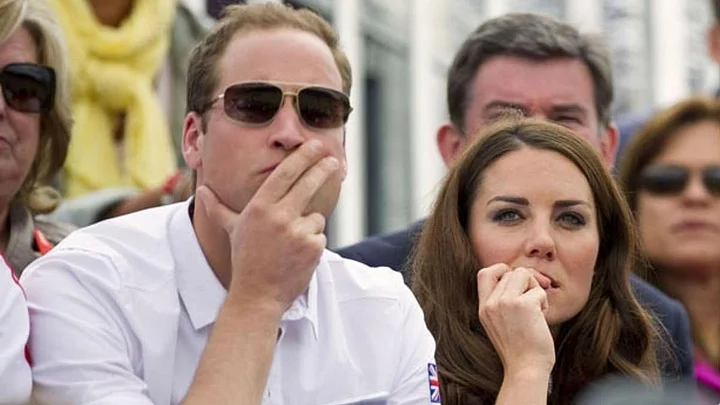What do Britney Spears, Kate Middleton and I have in common? We are all perpetual nail biters.
I know it’s gross. It’s disgustingly ugly and not lady-like, but I cannot bring myself to quit permanently. Over the decades, I’ve shortened my nail beds so much that my fingers look stunted and weird.
So where does this mania come from, what makes some people (like me) habitual nail biters? Do we have a weak will power? Are we more anxious? Hungrier? Neurotic?
If you are roughly one-third of all adults who still bites their nails, sit up and read how to cure yourself of this unsavoury habit:
Many Theories, Hard To Pin-Point
There is a medical name for excessive nail biting: ‘onychophagia’. Psychiatrists say it is an impulse control problem – many people do it when they are under-stimulated, like bored, or over-stimulated like stressed or anxious.
There are various theories that show why people bite their nails:
One theory is that such body-focussed issues (like scratching, hair twisting or nail biting) are linked to perfection. (Takes a bow). It can be that ripping off an oddly shaped nail can provide a great sense of satisfaction - and this quest can sometimes go out of hand and become a compulsive habit.
So chill, your irritating habit might just be your perfectionist tendencies coming back, literally, to bite you!
A second theory says the habit could go back to evolution. The uncontrollable urge to constantly pick on things go back much deeper than we realise. Lots of other animals do it too – like cats lick themselves excessively, some horses bite their own flanks!
A third theory says that, maybe we just bite our nails because they are right in front of us and offer a momentary distraction. Putting your fingers in the mouth is the most easy thing to do – and I completely agree with this theory. I don’t feel there is a special reason, nail biting is simply the result of a lot of random factors which create a bad habit. So clearly, there is no particular connection between Britney Spears, Kate Middleton and me!
Nail Biting = OCD?
In 2012, the American Psychiatric Association put nail-biting as a type of “pathological grooming”, alongside weirder behaviours like plucking eyelashes and obsessively picking at spots, in the list of obsessive compulsive disorders.
Though some experts accused the association of unnecessary scare-mongering, for a simple stress relieving measure that is nail-biting. But sometimes, this habit does take a serious psychological disorder.
Cures Include Reprogramming Your Brain
Chronic nail biting can damage the nail bed, sometimes irreversibly shortening the nails. In other words, if you bite far enough down the nail bed, it might mean that there is no space for the nail to latch on, and the nail remains as stumps, forever!
And unfortunately, there is no cure. The habit is very hard to break - most people consciously trying to break the habit will lose concentration at least once a day.
There is no one size fits all excuse, but if your nails have become weaker than your ex-boyfriend’s excuses, sit up and draw a plan to quit.
For starters, focus on a new positive habit and “trick” your brain into using rewards when you overcome the urge to bite your nails. For the brief periods I quit biting my nails, putting coats of nail paint works for me - if there’s acrylic, it’s not in my mouth.
You can also put false nails to break the cycle of biting nails. These days there are some “Bite Protection” gels available in the market - you put these on your nails to make them taste and smell incredibly foul. If something’s so unpleasant you surely won’t take it anywhere near your mouth.
And then there are the bizarre ways - put band-aid on your fingers so you don’t take them anywhere near your mouth but you’ll look like a maniac!
As for me, I’m haunted by the images of these beautiful ail art - but no desire is strong enough to keep me from biting my nails!
PS: I did bite my nails while writing this story also, time to look for better ways to quit! Maybe he could be the inspiration?
(At The Quint, we question everything. Play an active role in shaping our journalism by becoming a member today.)
